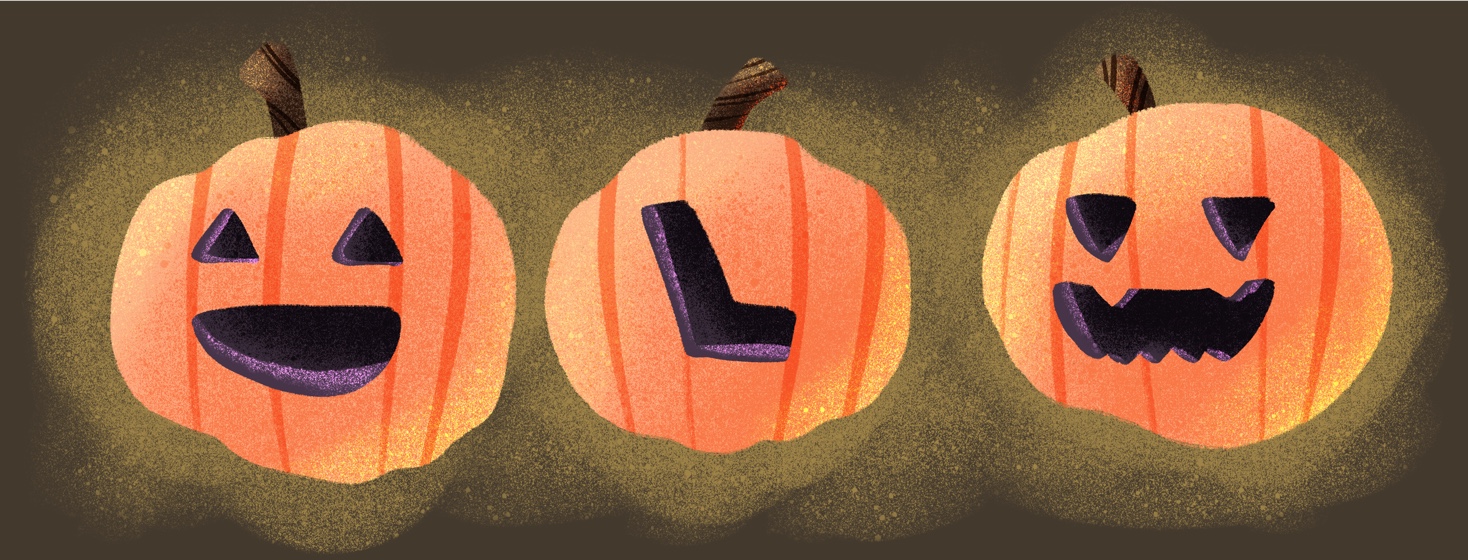How to Keep Children With Asthma Healthy at Halloween
Halloween can be a fun time when you have children. Pumpkins, costumes, parties, decorations and trick-or-treating can bring the season to life. But they can also present potential health threats to kids with asthma and allergies.
So, I thought it would make sense to share some tips from the Asthma and Allergy Foundation of America (AAFA for short) that can help reduce parents' stress and lessen the possibility of a food allergy reaction or an asthma attack.
Tips for Avoiding Triggers
When your child has asthma and/or allergies, it's important to know what triggers their symptoms so that you can work to avoid them. You sure don't want allergies or asthma to get in the way of a fun time during the Halloween season. So, here are a few tips that may help keep things on an even keel:
- Make sure your written Asthma Action Plan is up to date. And be sure to share it with the school nurse or when sending your child to other houses for parties. An action plan can help you (and others) identify signs that asthma control is slipping and tell you what to do about it before things get out of hand.
- Always keep a rescue inhaler close by. You might even ask your doctor about using it in anticipation of your child coming into contact with triggers.
- Be aware of outdoor triggers and minimize contact. Piles of leaves and hay can harbor both mold and pollen spores. Dry ice and fog used for atmosphere at homes where you go trick-or-treating can make breathing difficult. Also be aware of smoke from bonfires or fireplaces. Cold air is often an asthma trigger in certain people, so wearing a scarf or high coat collar over the mouth and nose can help. Exercise from running around excitedly can also trigger asthma symptoms in some children.
- Guard against contact with indoor triggers. Secondhand smoke in other people's homes can be dangerous for your sensitive child. Scented candles used for mood or inside a jack o'lantern can also be a trigger. Or how about spooky, smoky drinks made using nitrogen?
- Watch for the effect of high excitement and fear in scary situations such as a haunted hayride. Strong emotions can be an asthma trigger -- even long periods of raucous laughter can do it.
Tips for Costumes and Decorations
Kids and adults alike often enjoy dressing up in costumes at Halloween. Plus decorating the house is great fun too. And there is nothing wrong with that. But, be aware that there can be some risk with these activities. There are things you can do, though, to minimize any risk:
- Watch out for substances that your child is allergic to in costumes. Masks and costumes sometimes are made of latex or contain nickel or other metallic substances that might trigger an allergic reaction. Reading labels or making your own costume from scratch can help prevent this from happening.
- Beware of dust mites. Costumes or decorations that you store from season to season can collect dust mites or even mold spores, depending on where you store them. Even new costumes can contain dust mites. So, if possible, wash them before using. Or at least shake them out and perhaps vacuum them first.
- Check out possible allergens in face paint, makeup and hair dye spray. This type of product often contains substances that can be irritating to the skin of sensitive children.
Tips for Avoiding Food Allergy Attacks
Food allergy reactions can be some of the most dangerous and intense events to be aware of during the Halloween season. After all, Halloween is all about candy and other treats. But with a food-sensitive child, it's not wise to allow them to eat everything in sight, so here are some tips:
- Read food labels carefully. Know what is in the candy your child gets trick-or-treating or at parties before you let them eat it. And watch out for cross-contamination from allergens in other treats.
- Seek out houses that offer non-food treats. This may not seem as fun to your child as getting lots of candy. But anaphylaxis from a food allergy isn't fun either and can put a real damper on Halloween. You can also carry safe treats that you can swap out for things you need to take away.
- Carry an injectable epinephrine pen with you. Despite your best efforts, you may not always be able to keep your child from coming into contact with their food allergens. So, if your doctor prescribes it, an epiPen (or something similar) can be a lifesaver in an emergency situation.
You might also find the 2018 Allergy-Friendly Halloween Candy Guide from AAFA to be helpful.

Join the conversation